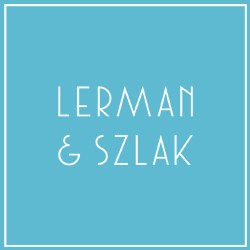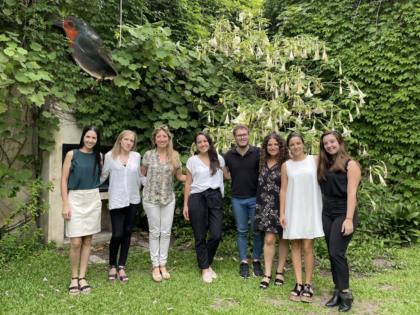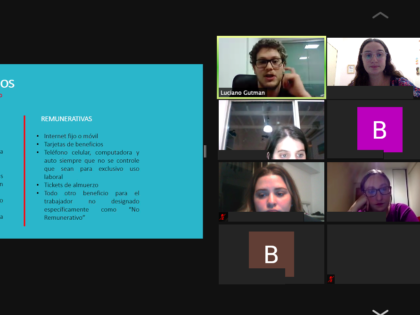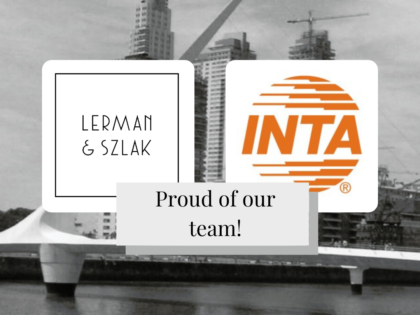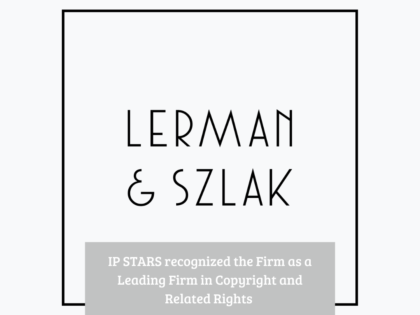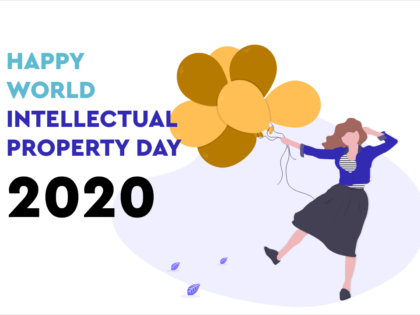New Procedures for Administrative Invalidation and Non-Use Cancellation of Trademarks in Argentina
0 Comments
On December 10, 2019, the new procedures for the invalidation and non-use cancellation of trademark registrations will become effective, as ordered by Resolution N° 279/2019 (October 10, 2019), and Annexes III and IV of Resolution N° 183/2018 (July 19, 2018).
As per the new regulation, all invalidation and non-use cancellation requests will be filed through an administrative procedure at the Argentine Trademark Office (INPI), and with that, parties will not have the possibility of requesting invalidation or non-use cancellation through direct judicial means.
We summarize the main aspects of the new procedures as follows:
- Invalidation of a Trademark Registration
The invalidation requested in administrative procedures (Article 1) will only proceed against registered trademarks – not against mere applications -, by arguing that a subjective right has been affected. The invalidation ex officio will only proceed in case of a serious vice in the registration procedure that cannot be corrected.
Regarding invalidations requested in the context of an opposition to a trademark application (Article 2), they will be resolved within the current administrative opposition resolution procedure.
For invalidations requested by an interested party (Article 3), it is necessary to indicate basic data of the interested party and the owner of the registered trademark (name and address), claim the subjective right affected, identify the trademark which invalidation is intended, specify the facts in which the allegation is based and the submitted evidence, and pay the fee set by the INPI regulations.
The National Trademark Office of the INPI (the Office) may reject the invalidation request (Article 4) if it does not comply with the requirements of Article 3, has been previously resolved for the same reason, or if it has been requested and/or resolved within an opposition procedure.
During the invalidation procedure (Article 5) – once the nullity is requested – the Trademark Office must give notice to the owner of the trademark registration so that, within fifteen (15) business days, he or she could answer such claim (providing proof to defend the trademark registration). In the case of an invalidation procedure initiated ex officio, the Trademark Office must invoke the serious non-rectifiable vice of procedure on which it is based, and then it shall give notice to the owner of the trademark registration, for the same term and purpose. Following the response of the owner of the trademark registration, or the expiration of the term, the Office shall resolve the nullity request, issuing merit of the evidence, the facts and arguments stated.
Appeal remedies (Article 6) include administrative appeals for any resolutions during the procedure, and judicial appeal against the final invalidation decision. It is not necessary to exhaust the administrative remedies to file a direct appeal, which would be introduced within thirty (30) business days, as established in Article 24 of the Law on Trademarks N° 22.362.
- Non-Use Cancellation of a Trademark Registration
The non-use cancellation requested in administrative procedures (Article 1) will only proceed against registered trademarks – after their 5th anniversary of registration -. by arguing the violation of a subjective right.
The non-use cancellation ex officio will only proceed if it is determined that the trademark has not been used within five (5) years prior to the request, its owner has not submitted the midterm declaration of use established in Article 26 of Trademark Law N°22,362, it is not a well-known trademark, and that its owner does not have an identical trademark registered in another compatible class – or, if so, that he or she has not filed the required declaration of use for such additional trademark. The partial non-use cancellation of a trademark may be requested after June 12, 2023.
The non-use cancellation requested in the context of an opposition to a trademark application (Article 2), shall be resolved within the current administrative opposition resolution procedure.
For the non-use cancellation request by a petitioner (Article 3), it is necessary to indicate basic data of the petitioner and the owner of the registered trademark (name and address), claim the subjective right affected, identify the trademark which non-use cancellation is intended, specify the facts in which the allegation is based and the submitted evidence, and pay the fee set by the INPI regulations.
The National Trademark Office of the INPI (the Office) may issue a rejection of the non-use cancellation request (Article 4) if it does not comply with the requirements of Article 3, has been previously resolved within the last five (5) years, or if it has been requested and/or resolved within an opposition procedure. In the case of a partial non-use cancellation request, it shall be rejected if requested before June 12, 2023.
During the non-use cancellation procedure (Article 5) the Office must give notice to the owner of the trademark registration so that, within fifteen (15) business days, he or she would answer such claim (providing evidence to defend the trademark registration). In the case of a non-use cancellation procedure initiated ex officio, the Trademark Office must explain in detail how all the necessary conditions for cancellation are met, and then it shall give notice to the owner of the trademark registration, for the same term and purpose. Following the response of the owner of the trademark registration, or the expiration of the term, the Office shall resolve the non-use cancellation request, issuing merit of the evidence, the facts and arguments stated.
Appeal remedies (Article 6) include administrative appeals for any resolutions during the procedure, and judicial appeal against the final invalidation decision. It is not necessary to exhaust the administrative remedies to file a direct appeal, which would be introduced within thirty (30) business days, as established in Article 26 of the Law on Trademarks N° 22.362.
- Evaluating the New Scenario
While the new procedures are promising, the administrative resolution brings carries questions and disadvantages when compared to the old judicial procedures, especially in regarding the non-use cancellation.
For example, from which date will the 5-year non-use term will be calculated from? Is it possible to notify a rival via certified letter to create a certain date of notice, as it was possible before? Will the INPI take unto account such notifications?
As a disadvantage, we point out that the new norm does not provide the possibility to use any alternative dispute resolution means, such as mediation hearings, which were very useful to solve conflicts before kicking off an entire dispute procedure.
Moreover, what means of evidence will the INPI consider in these procedures? While it is possible to interpret that the INPI will base its decisions on judicial case law and judicial practices, there is still plenty of uncertainty about how the procedures will actually operate, considering how short and concise the new regulations are.
For more information on these procedures and how they may apply to your trademark portfolios, please contact Celia Lerman, partner at Lerman & Szlak, at info@lermanszlak.com.
